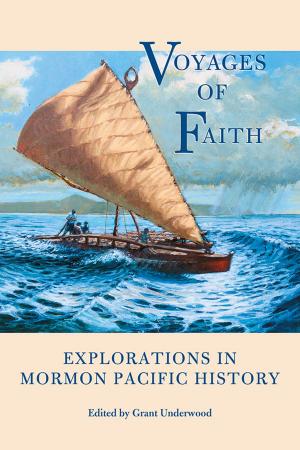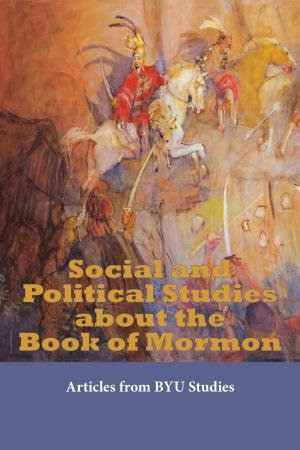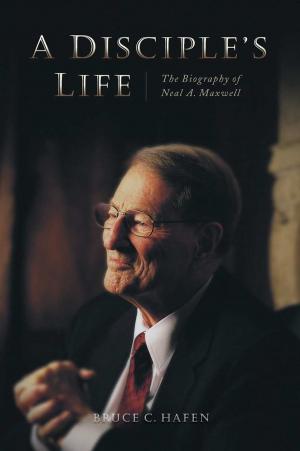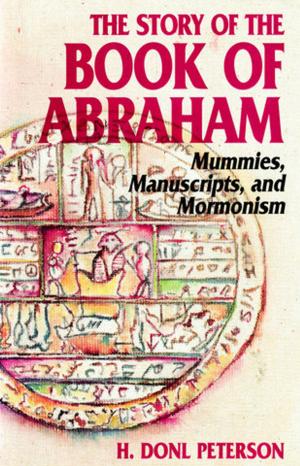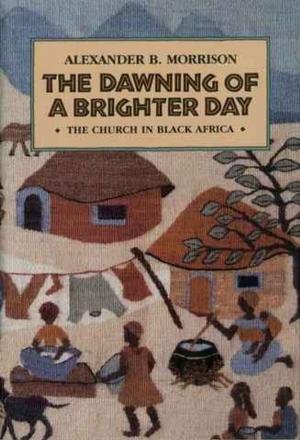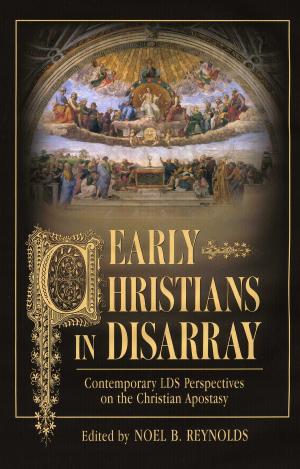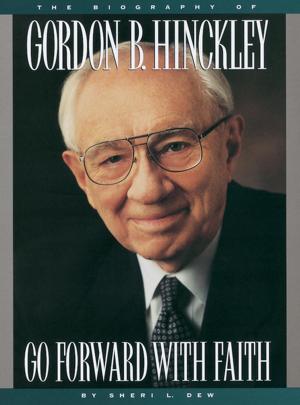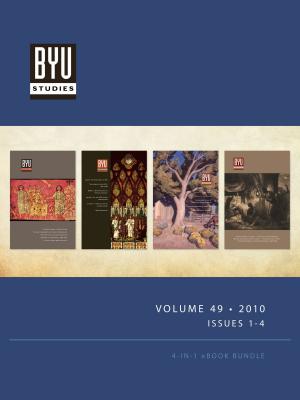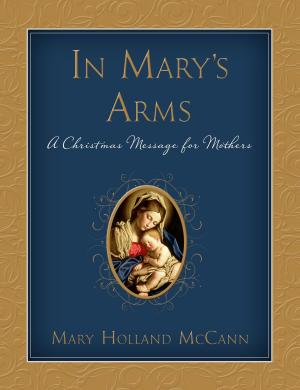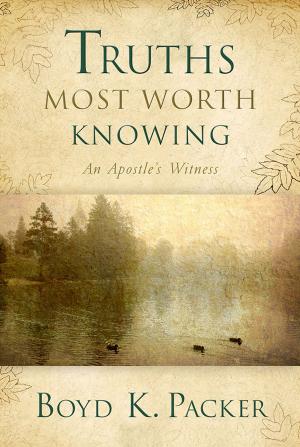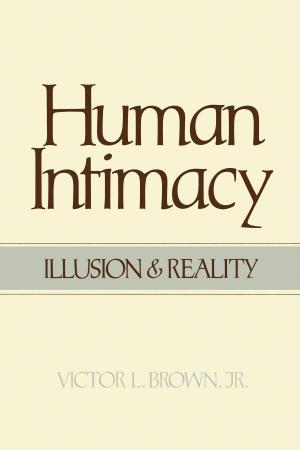| Author: | Hugh Nibley | ISBN: | 9781609083311 |
| Publisher: | Deseret Book Company | Publication: | September 22, 2014 |
| Imprint: | Deseret Book Company | Language: | English |
| Author: | Hugh Nibley |
| ISBN: | 9781609083311 |
| Publisher: | Deseret Book Company |
| Publication: | September 22, 2014 |
| Imprint: | Deseret Book Company |
| Language: | English |
From the outset of his career, Dr. Hugh Nibley has been centrally concerned with primitive Christianity, especially the shadowy era between the New Testament proper and the emergence and the triumph of the Catholic Church and Holy Roman Empire. That is the era treated in the nine essays collected in this volume. The essays cover such subjects as early accounts of Jesus' childhood, the Savior's forty-day ministry after his resurrection, baptism for the dead in ancient times, the passing of the primitive church, and the early Christian prayer circle. Each essay examines the close connection between the practices and the doctrines of the early Church and the Church of the latter days. Each essay has been reedited, and all the original sources have been rechecked. Many of the conclusions and arguments in these articles will stand in future scholarship; others will be discarded. But Hugh Nibley's work has laid the foundation for all further discussion. These studies are an inspiring invitation to learning and thought and scholarly inquiry; they will deepen our interest in and our understanding of the apostolic church, and the church in the troubled centuries that immediately followed New Testament times.
From the outset of his career, Dr. Hugh Nibley has been centrally concerned with primitive Christianity, especially the shadowy era between the New Testament proper and the emergence and the triumph of the Catholic Church and Holy Roman Empire. That is the era treated in the nine essays collected in this volume. The essays cover such subjects as early accounts of Jesus' childhood, the Savior's forty-day ministry after his resurrection, baptism for the dead in ancient times, the passing of the primitive church, and the early Christian prayer circle. Each essay examines the close connection between the practices and the doctrines of the early Church and the Church of the latter days. Each essay has been reedited, and all the original sources have been rechecked. Many of the conclusions and arguments in these articles will stand in future scholarship; others will be discarded. But Hugh Nibley's work has laid the foundation for all further discussion. These studies are an inspiring invitation to learning and thought and scholarly inquiry; they will deepen our interest in and our understanding of the apostolic church, and the church in the troubled centuries that immediately followed New Testament times.

